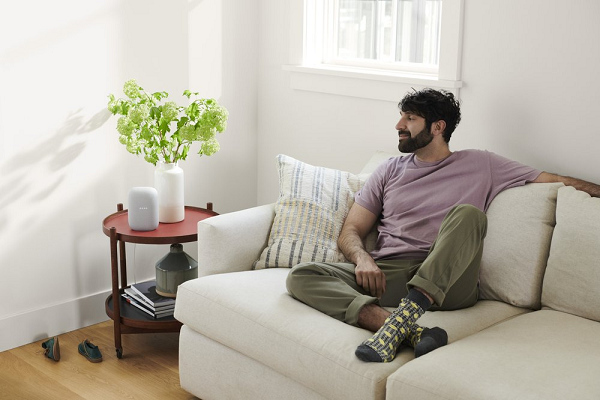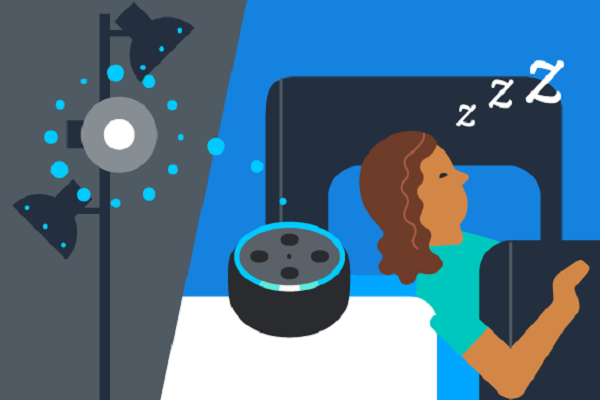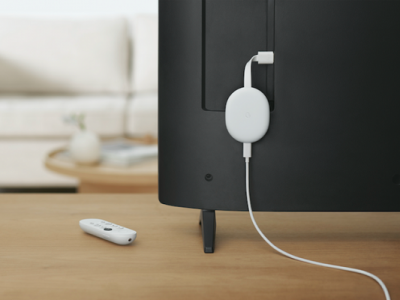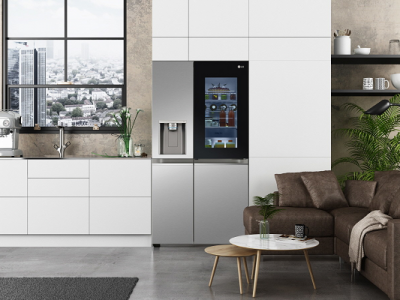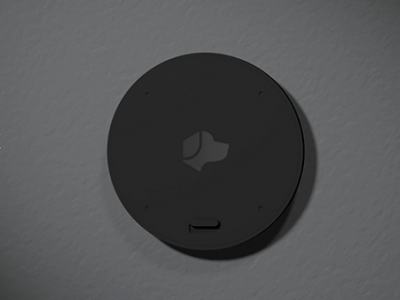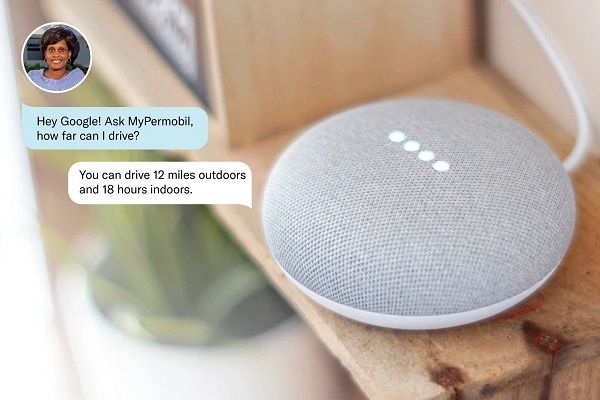

Electric wheelchair manufacturer Permobil has released voice apps connecting Google Assistant and Amazon Alexa to the MyPermobil mobile app. Permobil owners can now get access to the present status of the wheelchair with voice commands.
Wheeled Voice
The MyPermobil app collects real-time information about the wheelchair’s battery charge, how far it may travel before you run out, and also the distance it's already traveled since it was last connected. The app also gathers a report around the previous week and month’s utilisation of the power seating feature of Permobil wheelchairs, which adjusts the positioning of the seat and legs to prevent the individual within the wheelchair from finding yourself in one position for too much time. Now, Permobil owners can now connect the app to Google Assistant or Alexa and get the voice assistants to drag up all that information without needing to remove their smartphone. Plenty of wheelchair users are not able to reach or control their smartphones very easily or at all. The choice to have interaction with the app using voice commands is their first chance to access crucial information about their wheelchair.
“Permobil demonstrates our resolve for innovating for individuals as the only wheelchair manufacturer offering an end-user smartphone app which has Voice Assistant,” Permobil Americas president Chuck Witkowski said. “MyPermobil is easily the most comprehensive end-user wheelchair app available, also it doesn't need the finish user's data or Wi-Fi once activated.”
Accessible AI
Permobil claims to function as the first wheelchair maker with voice app access, but applying voice tech to accessibility has turned into a extremely popular trend during the last few years. For instance, British tech startup WeWalk began selling a 'smart cane' packed with high-tech equipment last year. The cane connects to the user’s phone and has a touchpad that activates the phone’s voice assistant, which communicates through a speaker included in the cane. And Permobil is restricted in the voice app to when Google Assistant and Alexa can know very well what the user is saying.
That’s why a few of the voice app beta testers are also found in Google’s Project Euphonia, which is focusing on training voice assistants to understand what individuals with speech impairments say. And Permobil explicitly suggests customers with atypical speech who prefer Alexa use Voiceitt, a speech recognition tool designed to know very well what individuals with speech impairments say and that is in a position to convey those commands directly to Alexa.



